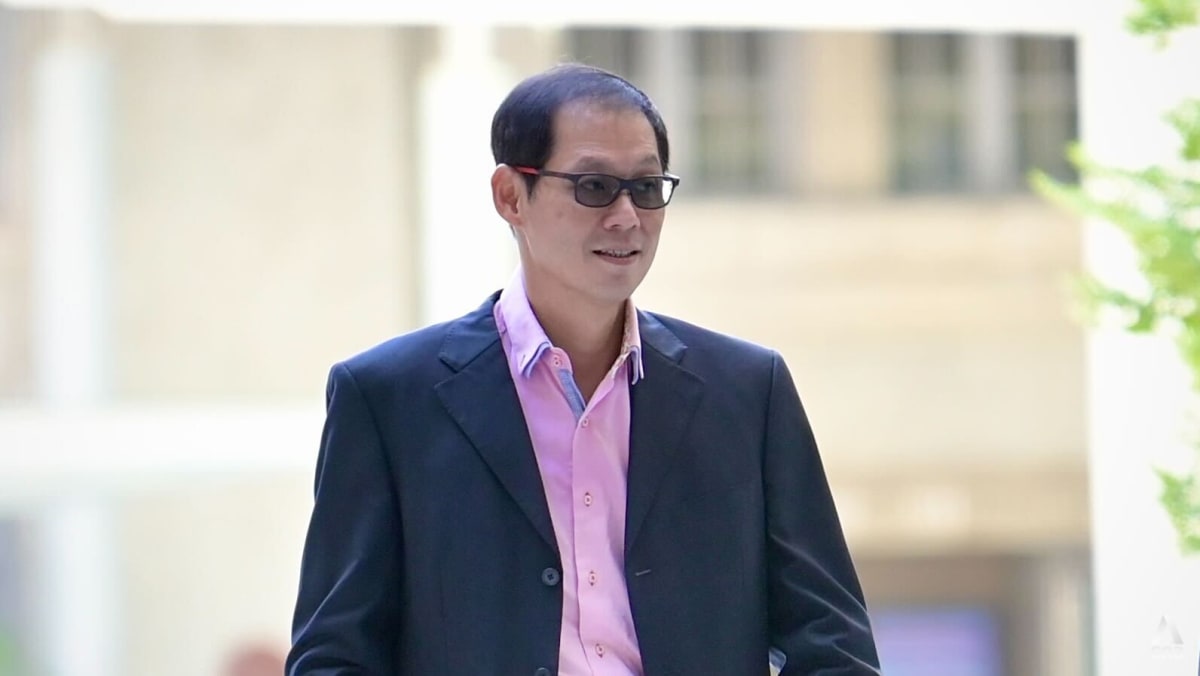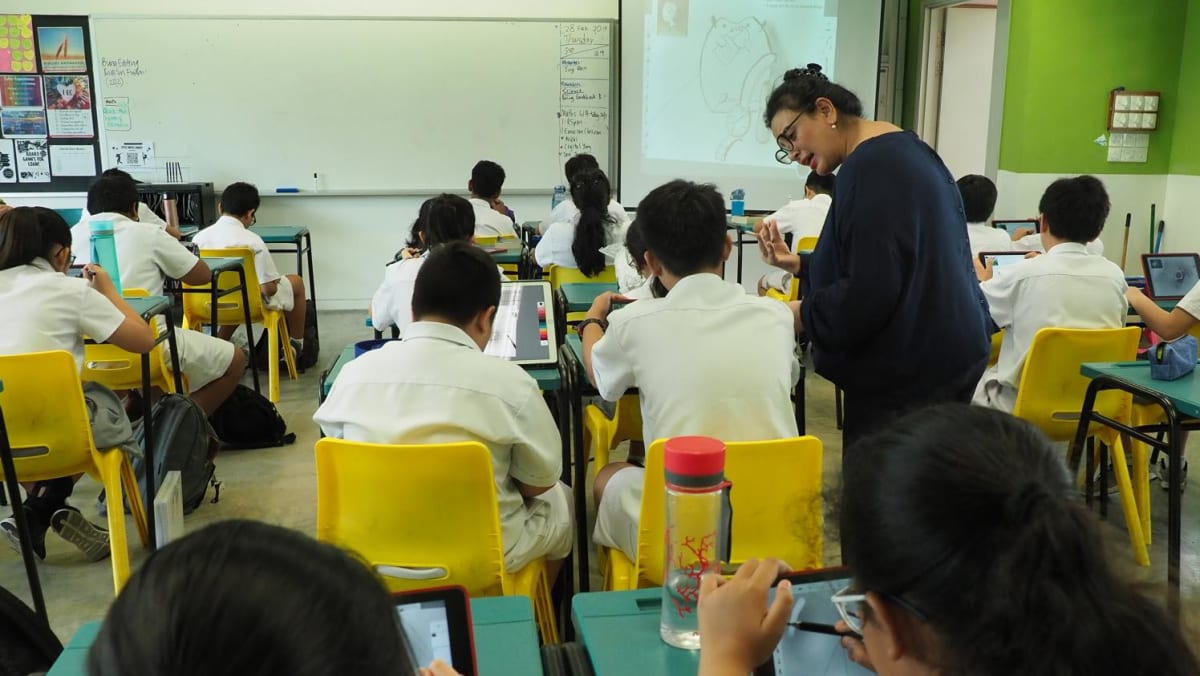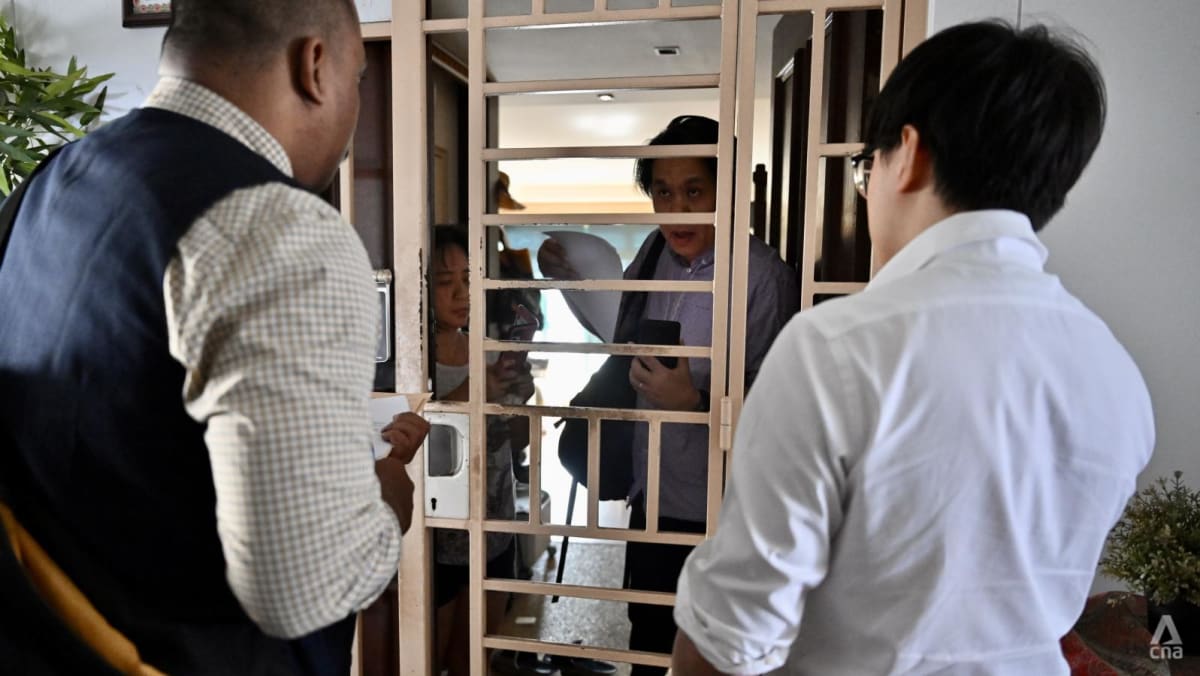TOKYO :Japanese household spending fell for the first time in three months in February, government data showed on Friday, highlighting consumer wariness in the face of high prices and signalling a sustainable recovery is some way off.
Lacklustre personal consumption is a source of concern for policymakers preoccupied by the fallout from U.S. President Donald Trump's new tariffs announced on Wednesday - even as many companies are planning their biggest wage hikes in 34 years.
Consumer spending fell 0.5 per cent in February from a year earlier, internal affairs ministry data showed, better than the median market forecast for a 1.7 per cent drop but reversing most of January's 0.8 per cent increase.
On a seasonally adjusted, month-on-month basis, spending climbed 3.5 per cent, versus an estimated 0.5 per cent rise.
Analysts say private consumption remains sluggish and may not fully recover until later in the year.
"It is believed that real wages will not enter the positive territory on a stable basis until the second half of 2025, and until then it is difficult to expect a significant recovery in personal consumption," said Masato Koike, senior economist at Sompo Institute Plus, adding the U.S. tariffs could chill consumption.
An internal affairs ministry official said it is unclear how Trump's blitz of tariffs against trading partners would affect Japanese consumer spending or sentiment at this point.
Consumption and wage trends are among key factors the Bank of Japan is watching to gauge economic strength and decide how soon to raise interest rates.
Food expenditure dropped 4.5 per cent in February from a year ago as consumers opted for cheaper alternatives like chicken instead of beef or pork, the ministry official said.
Japanese companies have agreed to raise pay by 5.42 per cent this year, after a third round of annual labour talks with the country's largest union umbrella group Rengo.
Hefty pay hikes have been seen as essential to counter sharp increases in the cost of living. Many companies, emboldened by record profits on the back of a weak yen, are also keen to retain staff amid labour shortages.
The ministry official said spending picked up in some areas such as package tours.
"We'll be watching to see whether there is a clear distinction between the areas where consumers are saving and the areas where they are spending," the official said.


















































